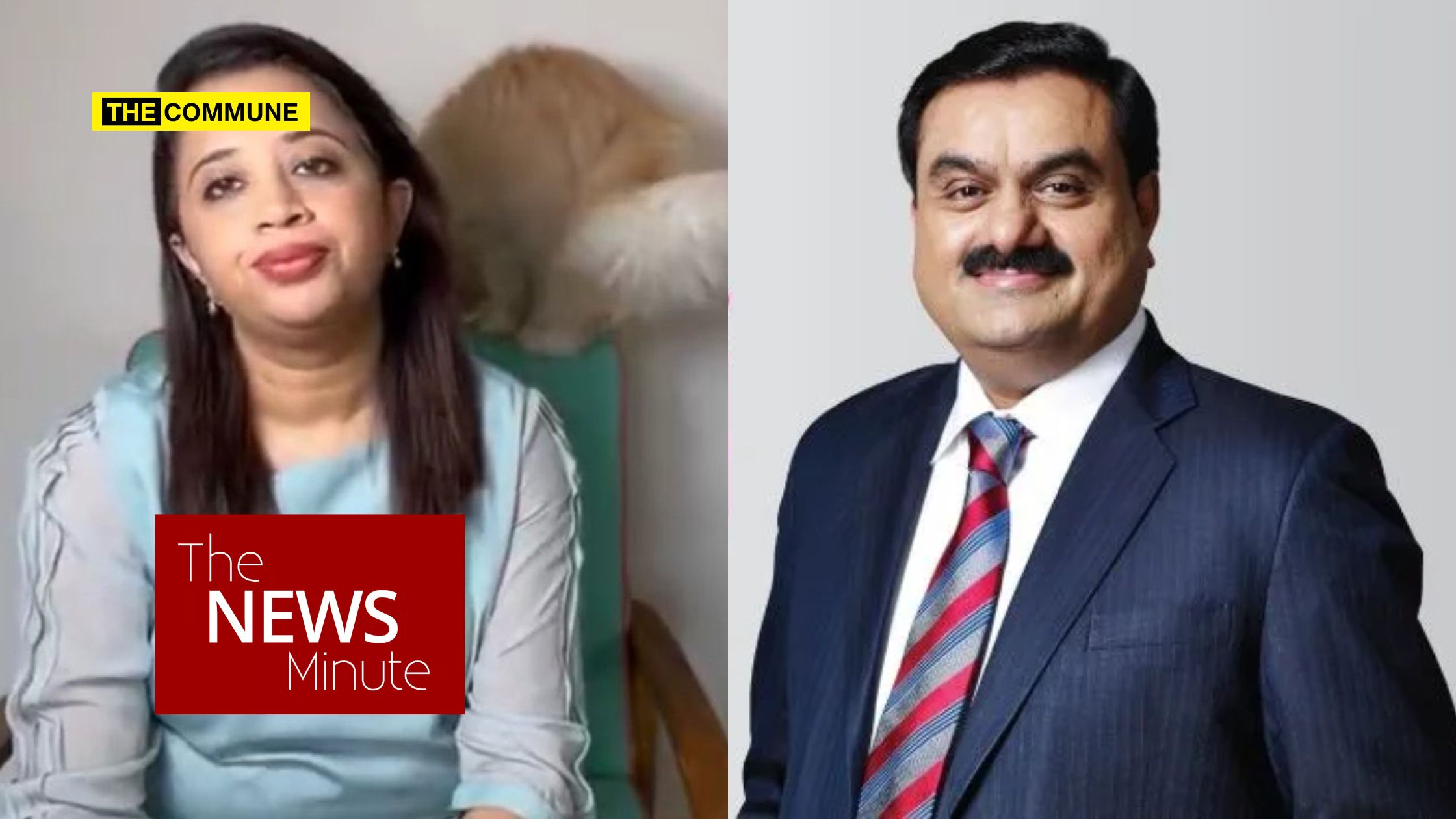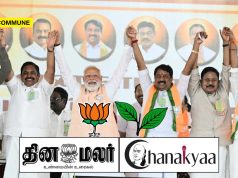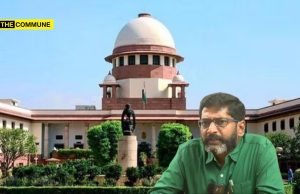
The indictment of Gautam Adani by a US court raised eyebrows, particularly within media circles as Dhanya Rajendran, Editor-in-Chief of The News Minute, tried to add fuel to the fire with a tweet implying that a high-ranking Andhra Pradesh politician might be involved. However, the US chargesheet only names two co-conspirators—neither of whom are politicians.
Suffice it to say that Dhanya Rajendran has once again demonstrated the abysmal standards of contemporary Indian journalism, revealing a shocking inability to comprehend basic English and a penchant for spreading misinformation.
In a tweet, Dhanya referred to the US chargesheet, stating, “A high-ranking official from Andhra Pradesh (most likely a politician in power from 2019 to 2024) is the main one named. When the name comes out, I wonder how Indian authorities will act.”
The Adani indictment by a US court lists a few co-conspirators. A high-ranking official from Andhra Pradesh (most likely a politician in power from 2019 to 2024) is the main one named. When the name comes out, I wonder how Indian authorities will act. pic.twitter.com/FPWwQ2FFDb
— Dhanya Rajendran (@dhanyarajendran) November 21, 2024
She selectively quoted a section about “Foreign Official #1” from the May 2019 to June 2024 period, craftily insinuating a political conspiracy without explicitly naming anyone.
To set the record straight, the indictment, as per the US Securities and Exchange Commission (SEC), names two co-conspirators. Neither of them is a politician, and certainly not a politician from Andhra Pradesh.
What Dhanya conveniently overlooked – or more likely, deliberately misrepresented – was the actual content of the chargesheet. The document clearly identifies only two co-conspirators:
1. A British citizen from Hong Kong who was a Non-Executive Chairman
2. An Indian executive who held high-ranking positions at the company
Neither of these individuals are politicians, contrary to Dhanya’s sensationalist implications.
Moreover, the US legal action is fundamentally about misrepresentation, not bribery – a nuanced detail that appears to be beyond the comprehension of Dhanya and her journalistic team. Her selective interpretation reveals a troubling pattern of creating narratives that suit a predetermined agenda rather than reporting factual information.
This is the quality of our journalism. I can understand Dhanya not understanding financial concepts but are you even unable to read plain and simple English?
There are only two co-conspirators and neither of them are politicians 👇👇
US has no business talking of Indian bribe… https://t.co/JEg7QEYBDy pic.twitter.com/gMtCbxCeqn— Sai (@Saiarav) November 21, 2024
Dhanya’s sensationalising the issue because of a genuine lack of understanding or a wanton effort epitomizes the worst of modern Indian journalism: sensationalism over substance, innuendo over investigation, and personal vendetta over professional reporting. Her continued attempts to tarnish the Adani Group through deliberate misinterpretation expose her professional incompetence and a systematic media strategy of character assassination.
The irony is palpable. An editor-in-chief, supposedly a guardian of journalistic integrity, demonstrates a comprehension level that would embarrass a middle-school reading comprehension student.
Journalists like Dhanya Rajendran do not just fail their profession; they actively harm public discourse by spreading misinformation, creating false narratives, and undermining the very principles of responsible journalism. Adani’s legal troubles, if proven, are serious, but they should not be used as a pawn in a political game. And to Dhanya Rajendran—perhaps it’s time to focus on understanding the details of the case before amplifying baseless speculation and propaganda.
Subscribe to our Telegram, WhatsApp, and Instagram channels and get the best stories of the day delivered to you personally.




